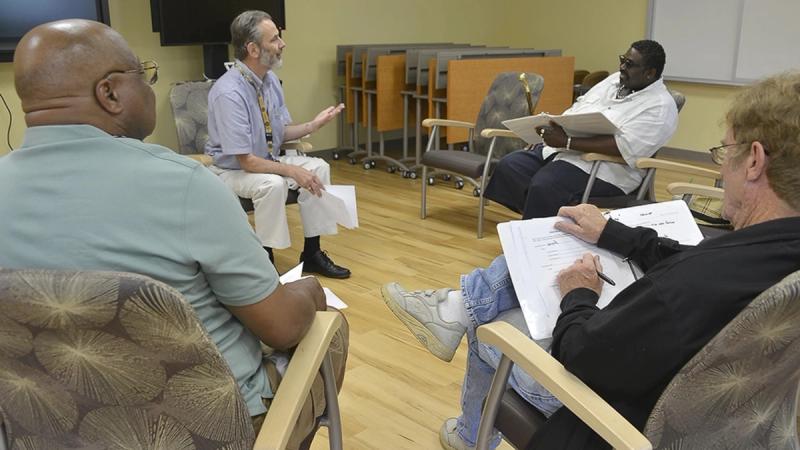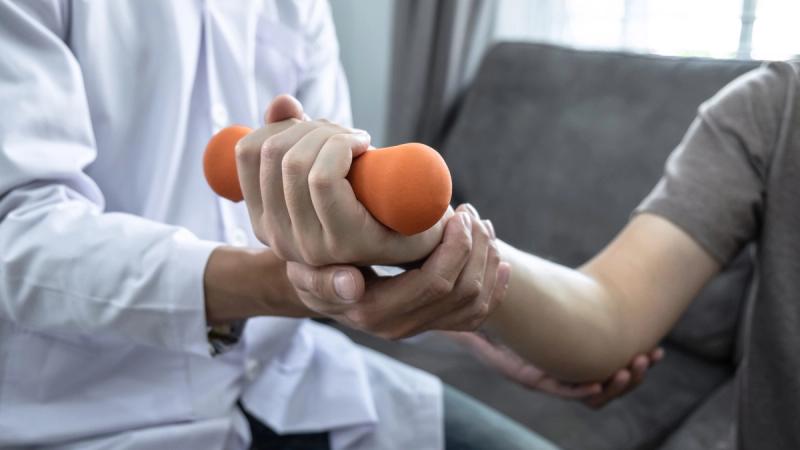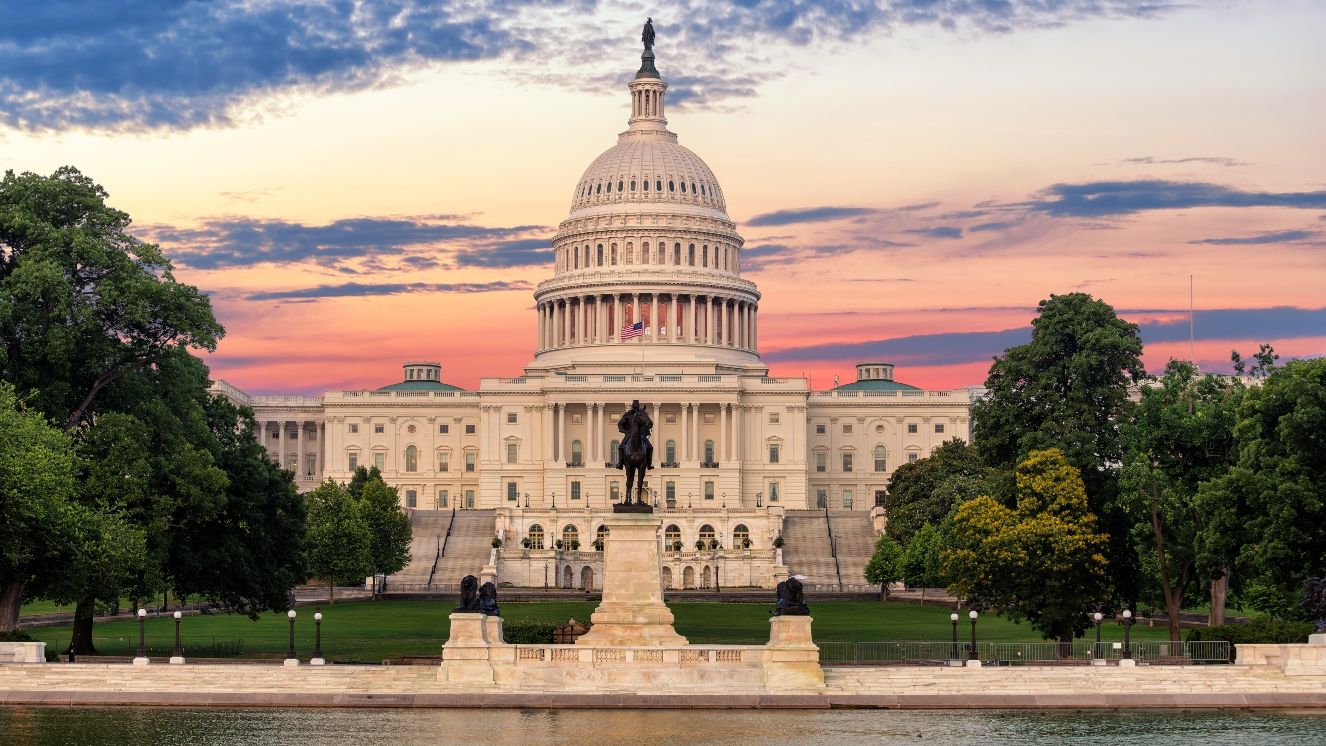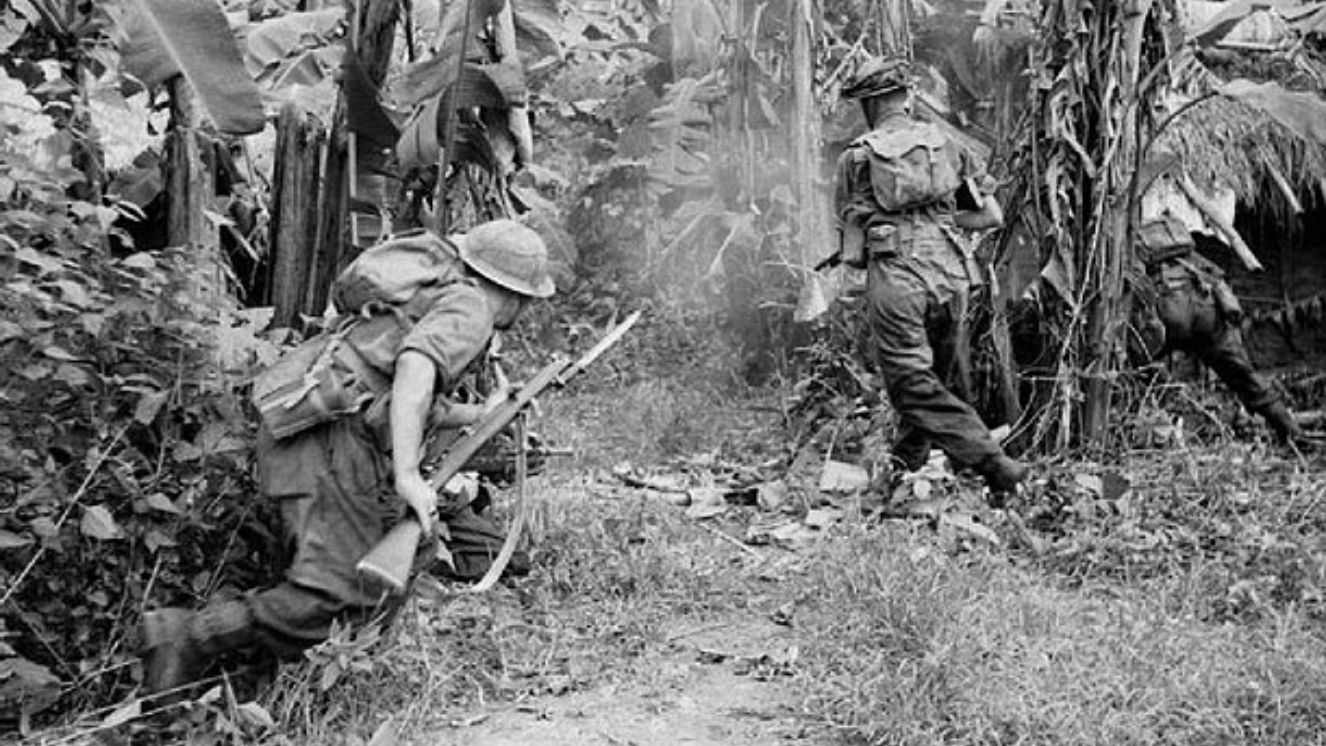WHAT YOU REALLY GET FOR $15: INSIDE VA WHOLE HEALTH’S NEW ERA OF VETERAN CARE

When the VA Whole Health program asks a Veteran, “What matters to you?” instead of “What’s the matter with you?” everything changes, with recent data showing a 22% reduction in opioid use amongst participants in the program.
It’s not just about managing symptoms; Veterans gain restored purpose, clarity in their roles, and practical tools for taking charge of their own health after years of serving others.
At the Louis A. Johnson VA Medical Center in Clarksburg, West Virginia, that transformation is happening in real time.
“Whole Health is intricately woven into every aspect of a Veteran’s journey, starting from the moment they enroll,” says Tammy Reid, Whole Health Program Coordinator. “It ensures their care is always aligned with what matters most to them; education, service, and follow-through that support the entire individual.”
Reid’s team shows that veteran care can be human—not just clinical or cold.
How VA Whole Health Is Changing the Way Veterans Heal
Whole Health starts with a conversation, not just a diagnosis, changing traditional medical approaches.
Veterans fill out a Personal Health Inventory, reflecting on Mission, Aspiration, and Purpose (MAP), which forms the foundation of their personalized Whole Health Plan.
“Our goal is for every Veteran to build a life that matches their own values,” Reid says. “Our health coaches motivate, guide, and support them through every step.”
At the Louis A. Johnson VA Medical Center, Veterans can access evidence-based Complementary and Integrative Health (CIH) services such as yoga, acupuncture, and massage, each carefully selected to address specific health challenges and support improved well-being.
- Acupuncture reduces chronic pain scores by 30 percent. Medical Massage relieves musculoskeletal discomfort.
- Clinical Hypnosis and Guided Imagery reduce stress. Yoga, Tai Chi, and Qigong support flexibility, balance, and clarity.
- Chiropractic Care addresses spine pain; Biofeedback helps manage headaches and cardiovascular health.
- Meditation and Mindfulness build resilience. Art and Recreational Therapy foster creativity, decreasing isolation.
- Social Work and Peer Support help Veterans build community and a sense of belonging.
Every service helps Veterans gain self-awareness, independence, and healthier long-term outcomes, making it easier for them to live more fulfilling lives.
“It’s not just about the appointments,” Reid explains. “The real change happens in how Veterans take care of themselves between visits.”
Why It Matters to Veterans
- These programs cut chronic pain, lower opioid reliance, and help Veterans feel more in control of their daily health.
- Improves sleep, mobility, energy, and mood.
- Strengthens community and social connections through group activities.
- Whole Health empowers Veterans to take charge of their well-being, connecting health decisions to personal purpose and long-term fulfillment.
According to the Journal of Military Medicine, Veterans in Whole Health programs reported a 22% reduction in opioid use and higher satisfaction scores across all areas of care.

Healing That Feels Human and Truly Works
The results are powerful and personal.
“One of the most meaningful outcomes I see is when a Veteran smiles, feeling seen and heard,” Reid says. “A Veteran recently told me they haven’t needed pain medication in two years, thanks to our chiropractor and medical massage therapist. That’s life-changing.”
At Louis A. Johnson VAMC, Whole Health is more than a program—it’s a community. Guitars for Veterans, art studios, the Whole Health Market, and therapy ponies bring people together in ways traditional healthcare cannot.
“Whole Health has fostered a community beyond healthcare,” Reid explains. “It’s brought Veterans, staff, and the community together for more than just clinical relationships.”
Wellness in Action
Special Operations Forces Veteran Shirley Baez remembers walking into her first acupuncture session, skeptical but curious.
“The acupuncturist looked at me and said, ‘You look like you’ve been carrying the world,’” Baez recalls. “She was right. When those tiny needles went in and the current started to pulse, I felt something unlock — like the armor I’d worn for years began to melt.”
For Baez, that session wasn’t just physical, it was emotional clarity.
“Carrying too many identities — Veteran, leader, mentor, friend — dilutes your energy,” she says. “Focus doesn’t limit you; it liberates you.”
Her words echo the program’s philosophy: health isn’t a checklist — it’s a recalibration.
“Stillness isn’t falling behind,” she adds. “It’s how you catch up with yourself.”
The $15 Copay That’s Changing Everything.
A new chapter began with the policy change that added a small copay, forcing both adjustment and reflection across VA programs.
Earlier this month, the VA announced that some Whole Health well-being services, like yoga and meditation, would require a $15 copay for Veterans who already pay outpatient copays.
Veterans with service-connected disabilities or related conditions are exempt.
Pete Kasperowicz, Press Secretary for the Department of Veterans Affairs, clarified the change:
“Although federal law requires VA to charge certain veterans a copayment for Whole Health well-being services such as yoga and meditation, the department over the years has not always done so consistently,” Kasperowicz stated. “Starting Oct. 1, 2025, VA resumed following federal law by enforcing copayment requirements for Whole Health well-being services.”
The copay policy makes VA facilities consistent. It applies to veterans in Priority Groups 6–8, already paying outpatient copays. Veterans with service-connected disabilities or related conditions remain exempt.
Reid sees it as a positive step.
“No matter the change, our Whole Health staff will continue to provide the best possible care to our nation’s heroes,” she says.
That $15 copay is more than a fee; it stands for trust in the system’s future and marks Whole Health as essential.
The VA is also exploring copay exemptions for foundational services, such as coaching and education, to ensure no Veteran is left behind.

The Evolution of Care and the Veterans Leading It
Reid envisions a future where Whole Health isn’t a department but the backbone of the VA experience.
“I want to see Whole Health evolve and integrate even more deeply into every aspect of veteran care,” she says. “Our goal is for every Veteran to experience the transformative power of feeling genuinely seen and heard.”
That vision depends on participation.
“Veterans can help champion this vision by engaging, sharing their stories, and advocating for the benefits they receive,” Reid adds. “Their voices drive the success of this model.”
Across the country, those voices are growing, from acupuncture rooms to guitar circles, and from yoga mats to coaching sessions.
Health That Honors Service
VA Whole Health is more than just a healthcare program; it’s a cultural shift within the VA.
Because healing isn’t about fixing what’s broken. It’s about supporting what remains strong and finally being recognized for who you are.
The main takeaway is clear: VA Whole Health is redefining what it means to heal after service by focusing on what truly matters to each Veteran.
It’s where science meets soul, and Veterans like Shirley Baez show us that letting go takes courage.
“Your next breakthrough might not come from doing more," Baez says. "It might come from finally letting go.”
That’s Whole Health: gradual, meaningful change for Veterans and their care culture. When you see that $15 copay, think beyond cost. Consider what it builds; a stronger, lasting system.
VA Whole Health is a promise: every Veteran’s story matters. That wellness is a right, not a reward. Your healing, like your service, deserves to be whole.
Quick Facts: What Veterans Should Know About VA Whole Health
What Is VA Whole Health?
A personalized model of care centered on what matters most to Veterans. It integrates traditional medicine with complementary and integrative practices like yoga, acupuncture, and coaching.
Who Pays the $15 Copay?
Only Veterans already responsible for outpatient copays (Priority Groups 6–8).
Veterans with service-connected disabilities or service-related conditions remain exempt.
Whole Health Services Include:
- Acupuncture & Biofeedback
- Clinical Hypnosis & Guided Imagery
- Massage, Chiropractic & Yoga
- Tai Chi, Qigong & Meditation
- Art, Music & Recreational Therapy
- Coaching, Nutrition & Lifestyle Support
Suggested reads:
BY NATALIE OLIVERIO
Veteran & Senior Contributor, Military News
Natalie Oliverio is a Navy Veteran, journalist, and entrepreneur whose reporting brings clarity, compassion, and credibility to stories that matter most to military families. With more than 100 published articles, she has become a trusted voice on defense policy, family life, and issues shaping the...



